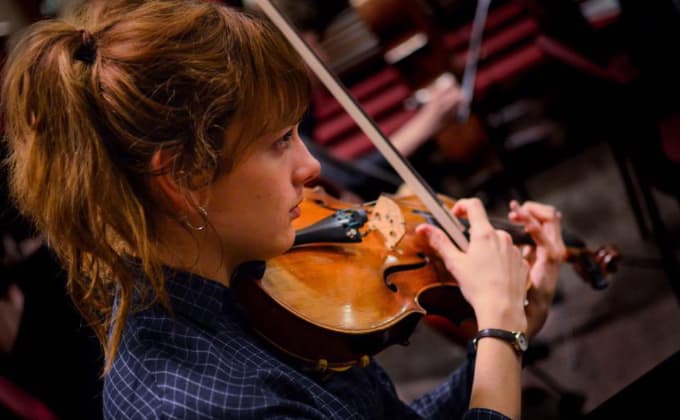The Festival has been celebrating the joy and power of music for more than a century.
Early days
Petersfield Musical Festival was founded by two sisters, Edith and Rosalind Craig Sellar, on the model of the Mary Wakefield Festival of Music in Kendal, which they attended in 1897. Four years later they brought the first Petersfield Musical Festival to the Drill Hall in Petersfield, Two hundred singers from six choirs took part, competing during the day and combining in the evening for a joint concert, accompanied by an orchestra of local amateurs and members of the Royal Marines Band from Southsea. From the start, it was the cooperation, rather than the competition, that marked the character of the festival – a character that has continued throughout its existence over more than a century.
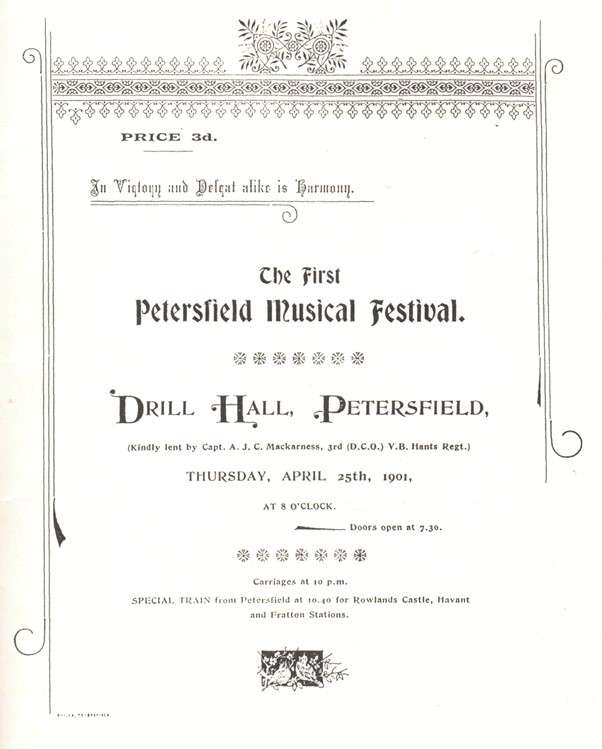
Petersfield Music Makers
The history of the festival up to 1985, is recounted in Petersfield Music Makers by Marjorie Lunt and Mary Ray, published by the Petersfield Area Historical Society in 1986. In 1902, a Children’s Day for singers from local schools added a second day to the festival. In 1904 there were enough adult choirs to run a festival of three days. By 1907 the conducting was in the hands of Dr Hugh Allen, a rising star in the British musical scene.
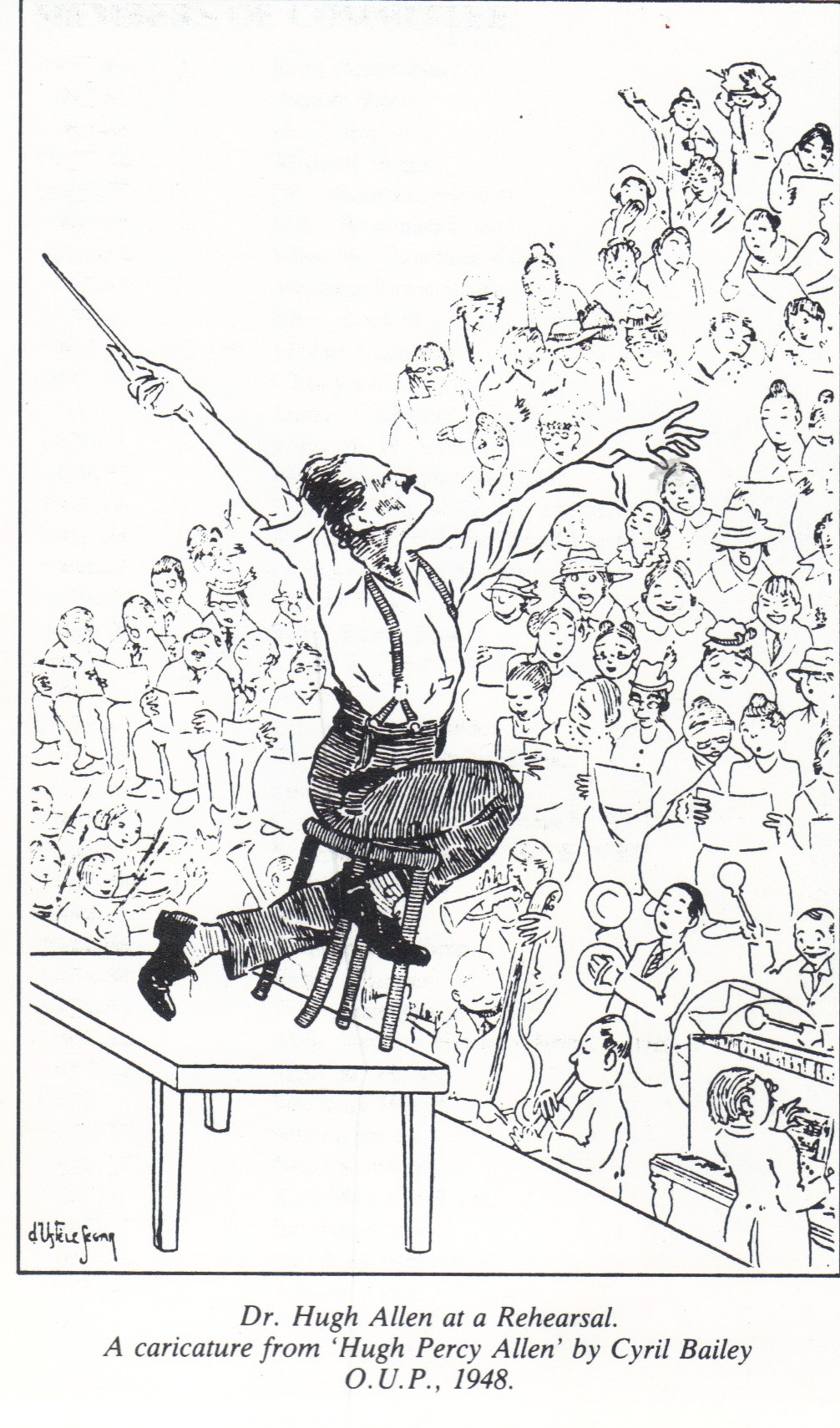
The inter-war years and Kathleen Merritt
The festival was paused during World War 1, and resumed in 1920 under the conductorship of Adrian (later Sir Adrian) Boult, who continued in the role for 25 years, conducting the Children’s Days as well as the adult choirs. The Festival Orchestra, previously recruited ad hoc to accompany each year, became an established group, and under the baton of Kathleen Merritt was launched as the Petersfield Orchestra. The 1930s were the heyday of the festival as a regional choral event, which now lasted four days, with three days of adult choir competitions, and concerts attracting many hundreds of singers from across the region. Dr Harry Roberts and Kathleen Merritt were the driving forces behind the building of the new Town Hall, now the Festival Hall, which opened in 1935 after a public fund-raising campaign.
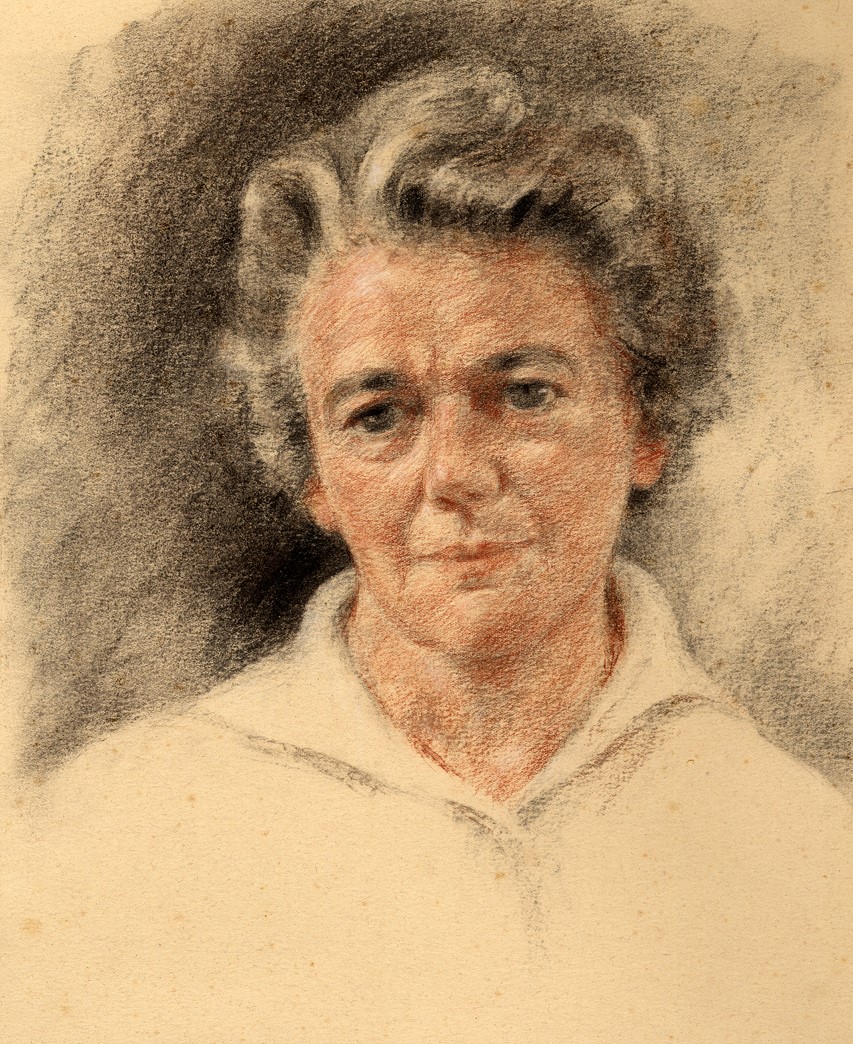
The 1940’s to the 1980’s
After slimmed-down events during World War II, the festival resumed in its previous form, celebrating its the 50th festival in 1956 by commissioning a new work, Agincourt, from Sir George Dyson. For several decades, festivals continued in a regular format under a variety of distinguished conductors, including Dr Sydney Watson, Richard Seal and Mark Deller. The programmes, which in the early years often featured short part-songs and extracts from longer works, increasingly featured complete performances of large-scale works, which local singers and audiences would have had to travel considerable distances to hear elsewhere.
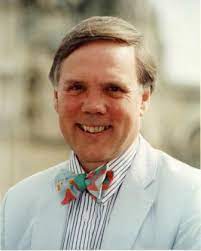
Development of the festival from the 1980’s
From the 1980s onwards, the festival has gradually changed, in response to changes in the wider environment. With fewer choirs taking part, and the take-up for by ladies choirs in particular declining, competitions and Ladies Day were discontinued, whilst the two remaining mixed choral concerts continued to hold their place as the flagship events of the festival – conducted for the last 18 years by Paul Spicer. In 1984 the Petersfield Orchestra added its annual orchestral concert to what had previously been a predominantly choral festival.
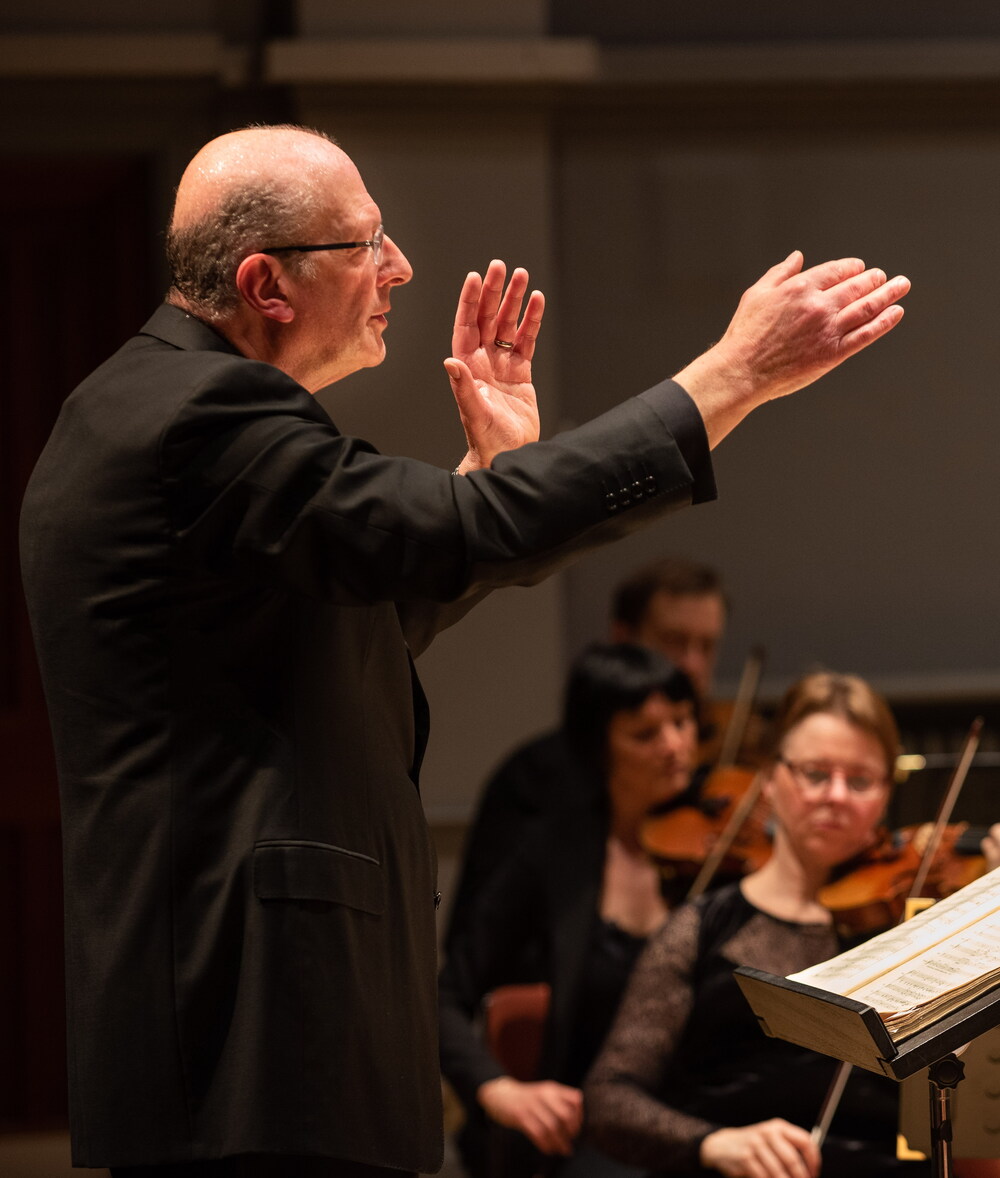
Masterclasses and Youth Concerts
The Festival Service was introduced for the 80th festival and ran annually for two decades, sung initially by a specially recruited chamber choir. New support for young musicians came in the form of a series of masterclasses with leading instrumentalists – Iris Loveridge (piano), Trevor Wye (flute) and Ralph Holmes (violin) among them. Children’s Days, previously held in the late afternoon, became the highly successful evening Youth Concerts, with young musicians aged 8 to 18 performing on two packed evenings.
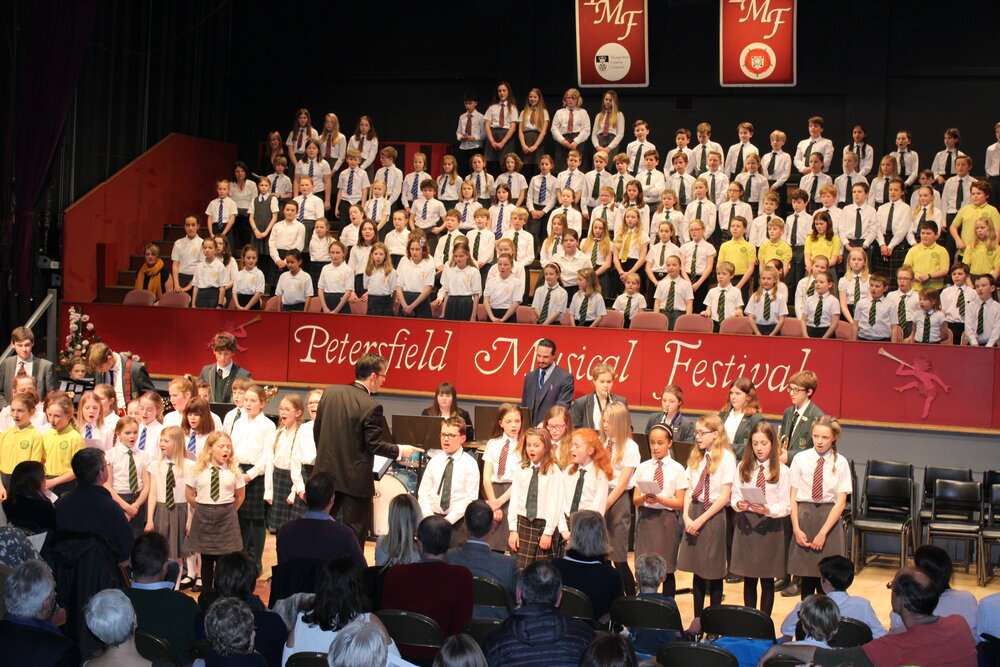
Widening the scope
More recently, celebrity concerts with nationally- or internationally-renowned guest artists, appearances by many local amateur organisations, lunchtime recitals, open choral workshops, family concerts and evenings of organ or chamber music have gradually been added to the mix. As in 1901, but across a much wider range of ages and styles, the festival of today continues to celebrate the joy and power of music for performers and audiences alike.
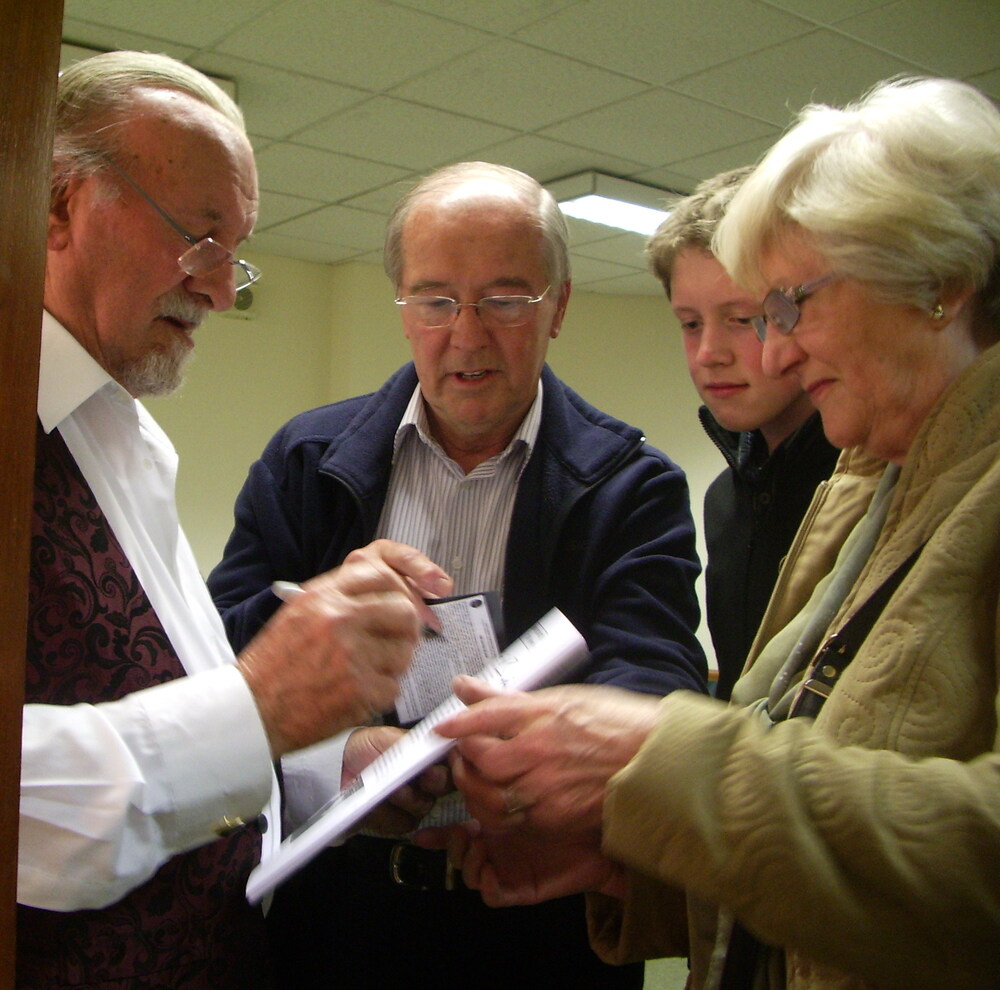
More recent history
